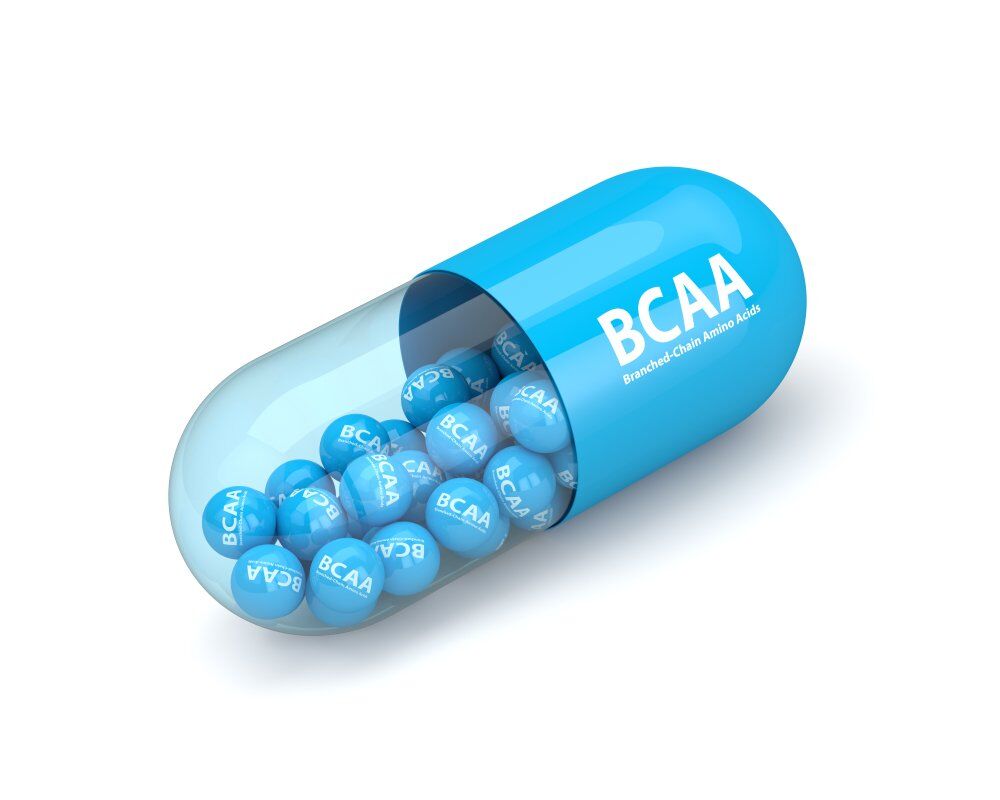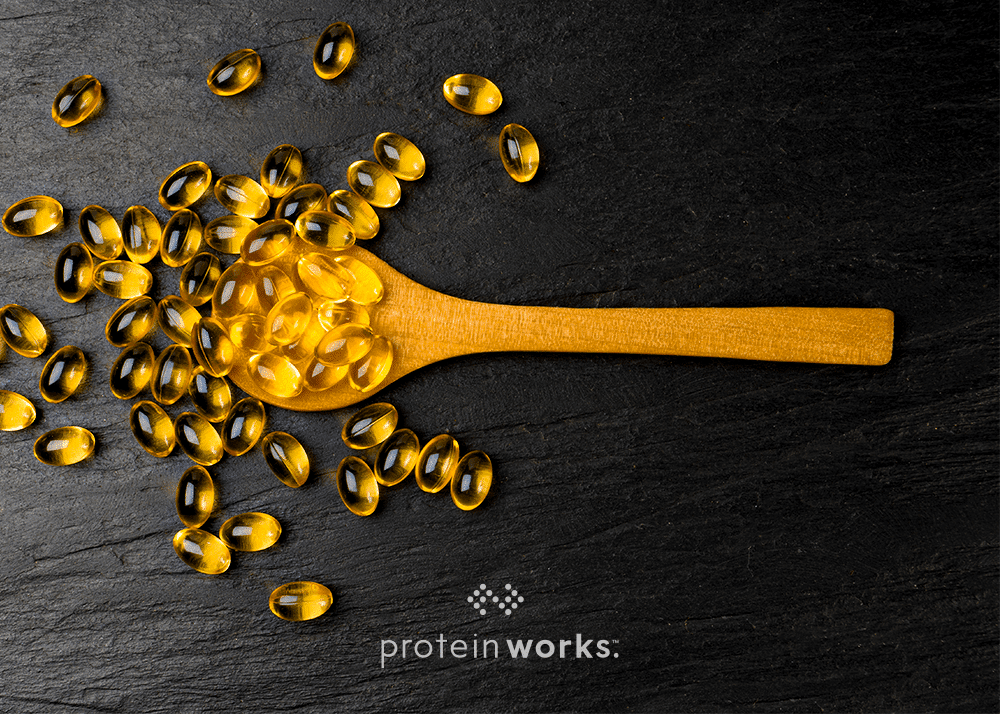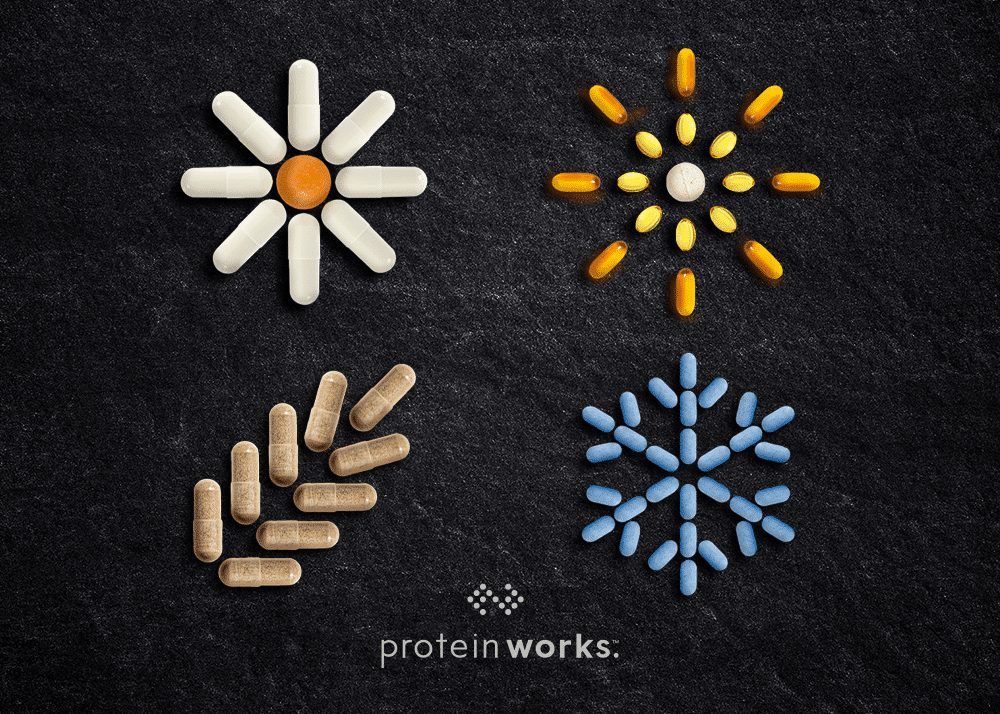
Can BCAA’s Help With Weight Loss
Usually associated with building muscle, Branch Chain Amino Acids are a staple supplement in many a gym goers bag, but what role, if any, can they play in assisting with weight loss?
BCAA’s are made up of the essential amino acids Valine, Isoleucine and Leucine and are considered essential as the body can’t produce them on its own and therefore need to be obtained through your diet, either with high protein food sources or supplements.
When the goal is weight loss, you first need to ensure that you are doing the basics right. Before we look at the benefits of BCAA’s, you first and foremost, need to be ensuring that you are in a calorie deficit either through reducing our food intake, increasing our activity levels or with a combination of both.
Once you have this set in motion however, we can start looking at ways to help give us a helping hand and this is where supplementing with BCAA’s can come in.
How can BCAA’s help with your weight loss efforts?
Stave off cravings
Consuming a BCAA supplement can help with the regulation of glucose and blood sugar in your body. Due to the Liver continuously realising BCAA’s into your bloodstream to keep the status quo(1), they can help avoid those unwanted dips in blood sugar that can lead to craving highly palatable and calorific treats, which of course, are best left alone when on a limited calorie diet.
Helps maintain muscle mass
When your looking to lose body fat, you may wonder why maintaining muscle mass should be a priority. Well, the answer is because having more muscle mass will allow you to burn more fat. Muscle tissue is very metabolic, meaning that it burns a higher number of calories to move and function. So, simply by maintaining more muscle on your body, you’ll be able to burn more calories throughout the day, making fat loss more achievable.
BCAA’s are the only amino acid that aren’t broken down in the Liver, meaning that when they reach the muscle tissue they can be utilised as fuel during exercise, preventing your body from breaking down muscle tissue and encouraging muscle protein synthesis(2), which is ideal when your body is low on glycogen due to dieting.
You can push harder in the gym, for longer
Research has shown that the intake of BCAA’s helps with the reduction in DOMS (delayed onset muscle soreness) experienced after exercise and helps with the regulation of the immune system. (3)
What does this mean for your weight loss goals?
Well, in simple terms it means you are less likely to experience the muscle stiffness and soreness that is often experienced in the days following bouts of exercise, allowing you to train more regularly and with higher intensity, boosting you calorie burning potential.
Keeping your immune system healthy and in check also means you won’t have to miss out on any planned workouts and set your progress back due to not feeling well.
Do you need BCAA’s when protein intake is already high?
We’ve established that BCAA’s have the potential to help us drop body fat, but what if you’re already consume a sufficient amount of protein?
If you are getting in the recommended daily intake of protein through your diet (1.2-1.6g/kg bodyweight) (4) then supplementing with BCAA’s usually isn’t necessary. This changes however when your goal is weight loss and you need to consume fewer calories.
This is when it can be beneficial to swap your protein shake for a BCAA’s drink.
The reason being, 1 serving (5 grams) of BCAA’s contains around 20 calories, whereas 1 serving (30g) of protein powder (which contains the same amount of amino acids) will contain around 115 calories. So, its easy to see which is the more favourably choice when looking to achieve a calorie deficit.
If you’re looking to give your fat loss efforts that extra edge then a BCAA’s supplement is going to be a worthwhile addition to your diet. Fortunately BCCA’s supplements can be found in many forms to best suit your preference. From BCCA’s powder, tablets or even our latest addition of Vegan BCAA’s.
References
- Layman DK. The role of leucine in weight loss diets and glucose homeostasis. J Nutr 2003;133:261S-267S
- Bennet WM, Connacher AA, Scrimgeour CM, Smith K and Rennie MJ (1989) ‘Increase in anterior tibialis muscle protein synthesis in healthy man during mixed amino acid infusion: studies of incorporation of leucine.’ Clinical Science, 1989 April;76 (4):447-54
- Negro M, Giardina S, Marzani B and Marzatico F (2008) ‘Branched-chain amino acid supplementation does not enhance athletic performance but affects muscle recovery and the immune system.’ Journal Of Sports Medicine and Physical Fitness , 2008 Sep;48(3):347-51.
- Phillips SM, Chevalier S, Leidy HJ. Protein “requirements” beyond the rda: implications for optimizing health. Appl Physiol Nutr Metab. 2016;41(5):565–72





No Comments yet!